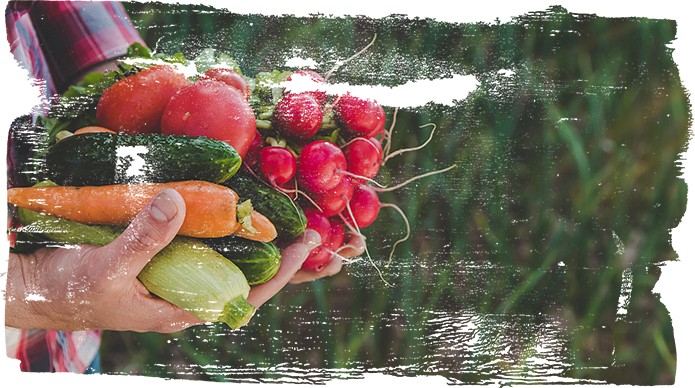☀️ Good morning. Happy Thursday! Today is November 17, 2022 and this is your weekly health update.
✍️ Quote of the Day: “Let food be thy medicine and medicine be thy food.” –Hippocrates
❤️ Brought To You By: Glutamine – It’s an important amino acid. L-glutamine is the form found in foods, supplements and the human body. It is part of the proteins in your body and involved in immune function and intestinal health.
Digestion
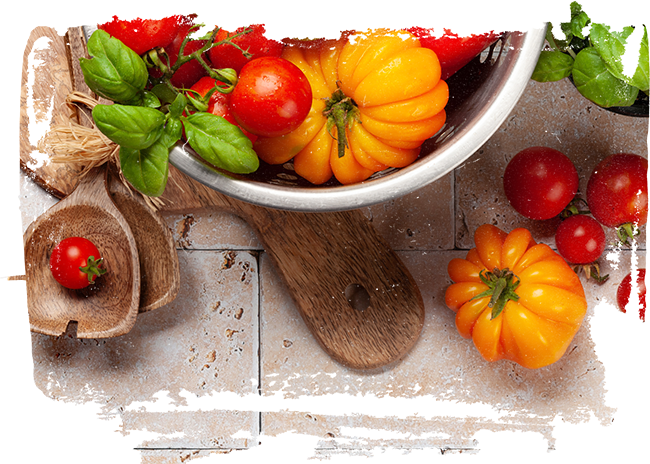
The 11 Best Ways to Improve Your Digestion Naturally
Everyone experiences occasional digestive symptoms such as upset stomach, gas, heartburn, nausea, constipation or diarrhea.
However, when these symptoms occur frequently, they can cause major disruptions to your life.
Fortunately, diet and lifestyle changes can have a positive impact on your gut health.
Here are 11 evidence-based ways to improve your digestion naturally.
1 – Eat Real Food
The typical Western diet — high in refined carbs, saturated fat and food additives — has been linked to an increased risk of developing digestive disorders.
Food additives, including glucose, salt and other chemicals, have been suggested to contribute to increased gut inflammation, leading to a condition called leaky gut.
Trans fats are found in many processed foods. They’re well-known for their negative effects on heart health but have also been associated with an increased risk of developing ulcerative colitis, an inflammatory bowel disease.
What’s more, processed foods like low-calorie drinks and ice creams often contain artificial sweeteners, which may cause digestive problems.
One study found that eating 50 grams of the artificial sweetener xylitol led to bloating and diarrhea in 70% of people, while 75 grams of the sweetener erythritol caused the same symptoms in 60% of people.
Studies also suggest that artificial sweeteners may increase your number of harmful gut bacteria.
Gut bacteria imbalances have been linked to irritable bowel syndrome (IBS) and irritable bowel diseases like ulcerative colitis and Crohn’s disease.
Fortunately, scientific evidence suggests that diets high in nutrients protect against digestive diseases.
Therefore, eating a diet based on whole foods and limiting the intake of processed foods may be best for optimal digestion.
To read the full article, click here.
Energy

7 Science-Based Health Benefits of Drinking Enough Water
The human body comprises around 60% water. It’s commonly recommended that you drink eight 8-ounce (237-mL) glasses of water per day (the 8×8 rule).
Although there’s little science behind this specific rule, staying hydrated is important.
Here are 7 evidence-based health benefits of drinking plenty of water.
1 – Helps maximize physical performance
If you don’t stay hydrated, your physical performance can suffer.
This is particularly important during intense exercise or high heat.
Dehydration can have a noticeable effect if you lose as little as 2% of your body’s water content. However, it isn’t uncommon for athletes to lose as much as 6–10% of their water weight via sweat.
Bottomline, losing as little as 2% of your body’s water content can significantly impair your physical performance.
2 – Significantly affects energy levels and brain function
Your brain is strongly influenced by your hydration status.
To read the full article and see the full list, click here.
Can’t get enough water down? Try adding some flavor to it. EnergySTIX will add flavor, give you a boost of energy, and help you feel more alert & focused. Our favorites are the Berry & Orange flavors. They also have Strawberry Kiwi, Pink Lemonade, and a Tropical flavor. Click here to learn more about EnergySTIX
Heart Health
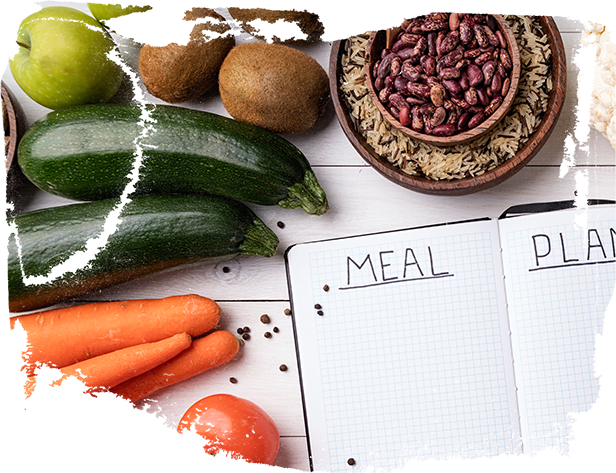
Heart-healthy diet: 8 steps to prevent heart disease
Although you might know that eating certain foods can increase your heart disease risk, changing your eating habits is often tough. Whether you have years of unhealthy eating under your belt or you simply want to fine-tune your diet, here are eight heart-healthy diet tips. Once you know which foods to eat more of and which foods to limit, you’ll be on your way toward a heart-healthy diet.
1 – Control your portion size
How much you eat is just as important as what you eat. Overloading your plate, taking seconds and eating until you feel stuffed can lead to eating more calories than you should. Portions served in restaurants are often more than anyone needs.
Following a few simple tips to control food portion size can help you shape up your diet as well as your heart and waistline:
Use a small plate or bowl to help control your portions.
Eat more low-calorie, nutrient-rich foods, such as fruits and vegetables
Eat smaller amounts of high-calorie, high-sodium foods, such as refined, processed or fast foods…
3 – Select whole grains
Whole grains are good sources of fiber and other nutrients that play a role in regulating blood pressure and heart health. You can increase the amount of whole grains in a heart-healthy diet by making simple substitutions for refined grain products. Or be adventuresome and try a new whole grain, such as whole-grain farro, quinoa or barley…
7 – Plan ahead: Create daily menus
Create daily menus using the six strategies listed above. When selecting foods for each meal and snack, emphasize vegetables, fruits and whole grains. Choose lean protein sources and healthy fats, and limit salty foods. Watch your portion sizes and add variety to your menu choices….
To read the full article, click here.
Immune System

Support your immune function with good nutrition
One of the most valuable things you have is your health. As a dietitian, I have received numerous queries about recommended foods, supplements and diet patterns to boost immune function. While it is true that nutrition plays a large role in immune function, diet recommendations for the prevention of acute illnesses, like COVID-19 and other viruses, don’t look a whole lot different than general guidelines for healthy eating.
I’ll start by saying that the concept of boosting the immune system through diet is flawed, as boosting refers to something that is stimulated above the normal level. A good diet cannot boost the immune system, but it’s important to maintain a functional immune system by avoiding immunodeficiency due to malnutrition or micronutrient deficiencies.
It’s important to note that no single food or nutrient will prevent illness. Also, the immune system is incredibly complex and influenced by a variety of other factors, including stress level, age, sleep and other medical conditions.
To read the full article, click here.
Joint Pain
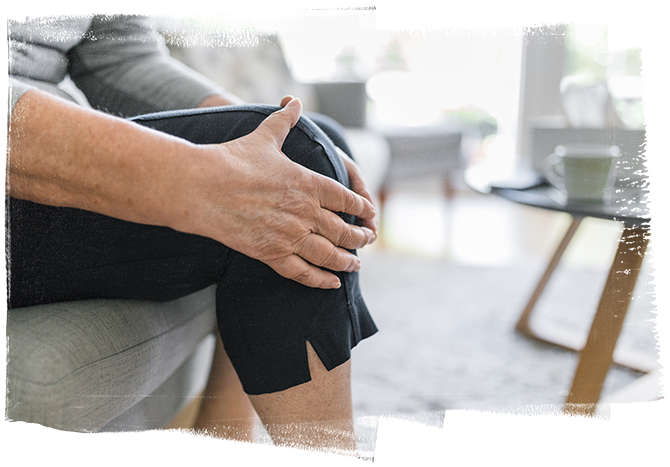
Get the facts about knee pain…
Knee pain is one of the most common complaints of Americans of all ages. The pain can result from an injury, arthritis or other condition. The location and severity of knee pain often varies with each person depending on the cause of the problem.
Some of the signs and symptoms of knee pain are:
- Swelling
- Redness
- Stiffness
- Weakness or instability
- Popping or crunching noises
- Inability to fully straighten the knee
The pain in your knee can be caused by a number of factors.
To read the full article, click here.
Skincare

Five life hacks for healthy skin
Skin is the body’s largest organ. When healthy, its layers work hard to protect us. But when it’s compromised, the skin’s ability to work as an effective barrier is impaired. We have therefore found the best ways to improve skin health to support it in maintaining its protective role.
Skin has many functions, making it the ultimate multitasker of the human body. Its most important role is being the first line of defense between our bodies and the outside world, protecting us from bacteria, viruses, and pollution and chemical substances that we encounter in the workplace and at home.
Skin regulates body temperature, maintains fluid balance, and controls moisture loss. It also acts as a barrier and shock absorber, recognizes pain sensations to alert us to danger, and protects us against the sun’s harmful ultaviolet (UV) rays.
Many factors impact your skin. Genetics, aging, hormones, and conditions such as diabetes are internal factors that affect the skin. Some of these you cannot influence, but there are many external factors that you can.
External influencers such as unprotected sun exposure and washing too frequently or with water that is too hot can damage skin. An unhealthful diet, stress, a lack of sleep, not enough exercise, dehydration, smoking, and particular medications can all impact the skin’s ability to operate as an effective protective barrier.
Here are Medical News Today‘s skin health tips to help you banish wrinkles, get a radiant glow, and keep your skin supple and soft all year around.
To read the full article, click here.
Gut-Health
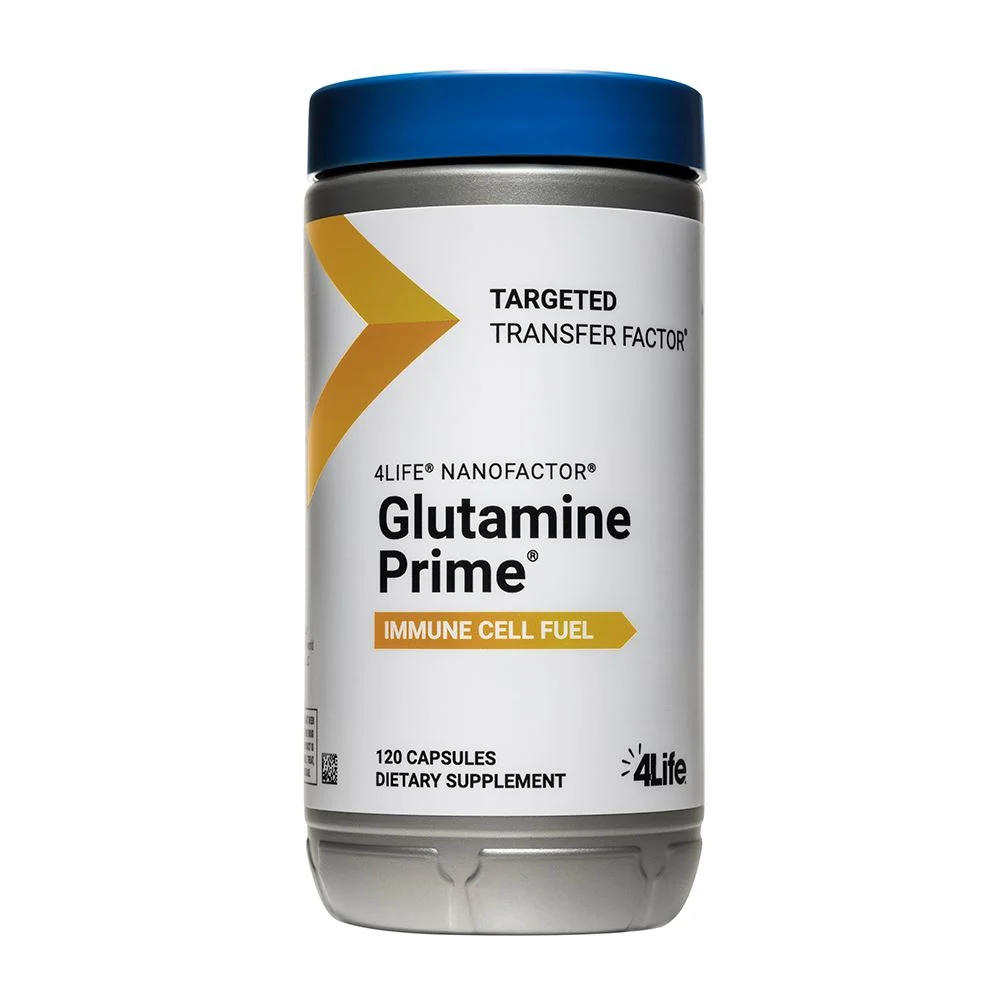
Support Your Gut-Health With Glutamine
Glutamine is an amino acid that supports gut health. It has been shown to reduce intestinal permeability (leaky gut) in people who are critically ill.
What is glutamine?
Glutamine is an amino acid that exists in two forms: L-glutamine and D-glutamine.
L-glutamine is the important form, which is produced naturally in the body and found in many foods. It is estimated that a typical diet contains 3 to 6 grams per day.
It provides fuel for immune and intestinal cells and helps keep the connections in the intestines strong.
During times when your body cannot produce optimal amounts, such as during injury or severe illness, supplementing with it may be beneficial for your immune health and recovery.
Click here to support your gut-health with L-glutamine →
To Your Health,
TheTinySpoonCo Content Team
Our Mission: To help 1M+ adults remain strong, healthy, active, and independent as they age.
.
.
.
TheTinySpoonCo.com is reader-supported. When you buy through links on our site, we may earn an ‘thank you’ commission. This helps us continue to run the email newsletter and provide you with healthy headlines, news, stories, and fascinating health information.
Disclaimer: TheTinySpoonCo does not provide medical advice, diagnosis or treatment. See additional information.


